What is the difference between Chapter 7 and Chapter 13 bankruptcy?
Roths Child Law
JANUARY 13, 2022
However, you can get rid of the financial and emotional pressure of being a debtor by filing for Chapter 7 or Chapter 13 bankruptcy. Both Chapters can help you start anew and discharge your debts, but they work differently. Chapter 13 doesn’t work the same way. The main difference.

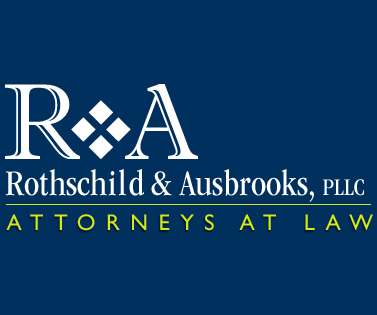
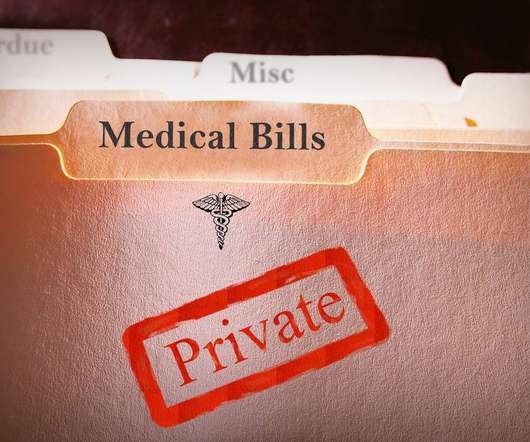






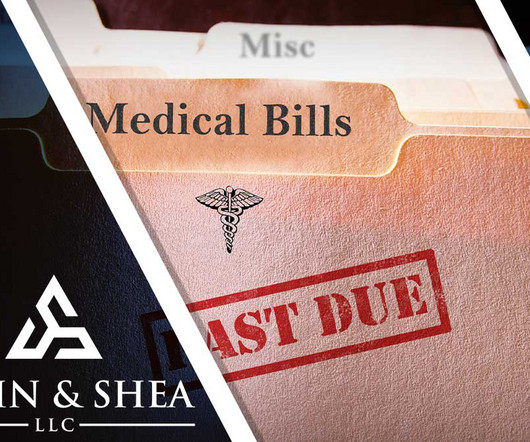









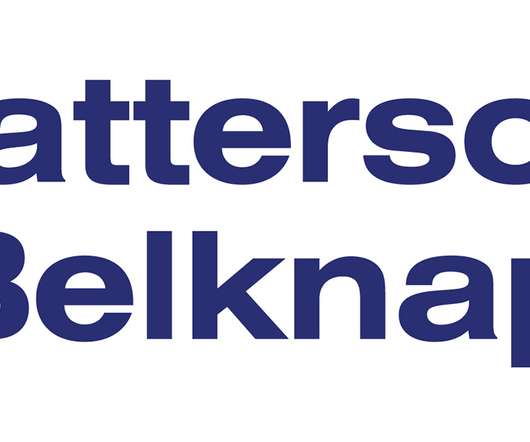


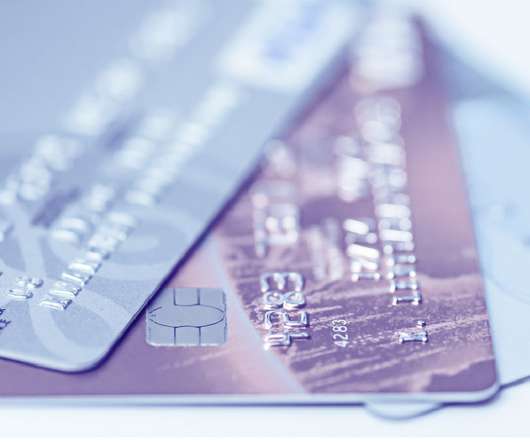
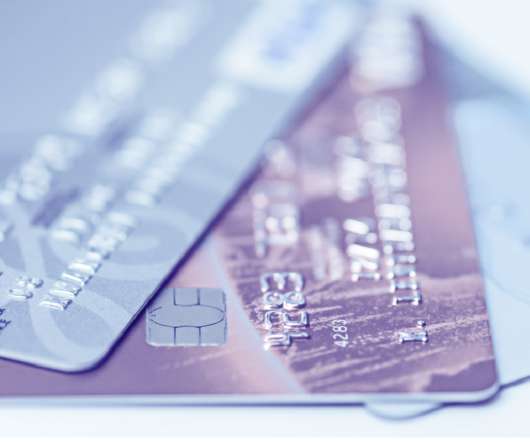
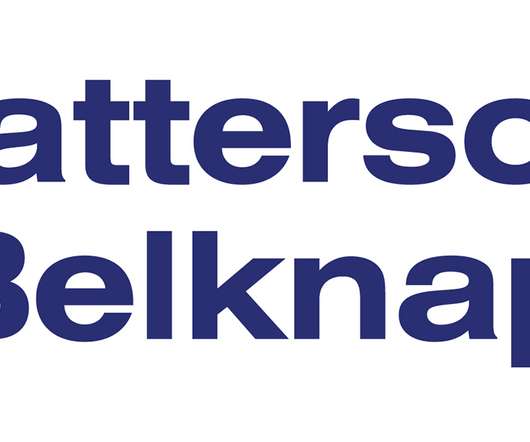



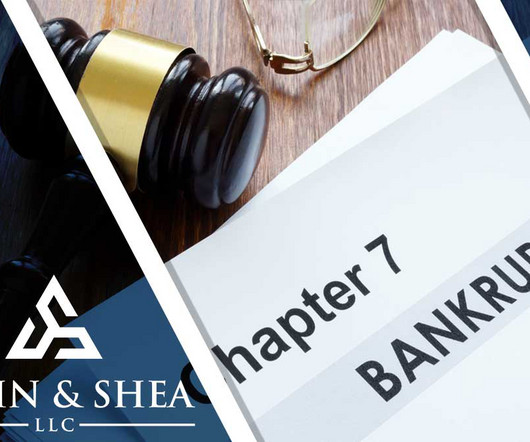









Let's personalize your content